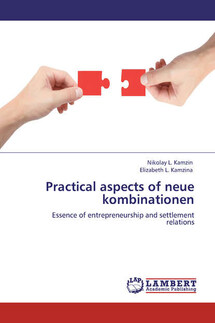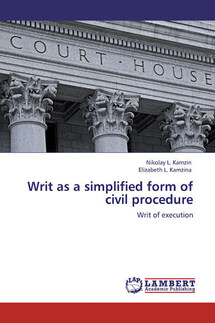The implementation of the economic cycle: freedom, trust, duty - страница 15
Arbitration profit extremely unstable and conversion operations involve a risk to stay in the position outright in any link.
– Cross-operation – this is the equation of one currency to another through a third – the National, the country where the transaction or that the fairly widespread in world currency markets, through a preliminary equalization rates to the dollar.
In Russia, the cross-denominated transactions are carried out mediation when dealing with «soft» currencies.
Cross – the operation used a combination of foreign exchange purchase and sale of securities.
But the use of cross-operation is fraught with the risk of exchange rate changes between the first and second acts of the transaction. Sometimes, to avoid losses, it is necessary to involve a third or fourth transaction currency.
4.2. Forward contracts
Urgent or forward contracts are two-fold objective: profit-in the form of foreign exchange and insurance of participants against currency risks.
Emergency surgery for the sale (purchase) of foreign currency consists of the following conditions:
– The course of the transaction is recorded at the time of its conclusion;
– Transfer of currencies is carried out in 1 – 3 months (sometimes deadline is extended to one year);
– At the time of the transaction no amounts of accounts are generally not performed.
Forward exchange transaction occurred as a form of insurance for foreign trade operations. If the goods are sold on credit, the exporter seeks to preserve the value of its currency now existing rate. The importer, buying goods on credit and insuring them against the appreciation of the currency of the country of origin, may act as a buyer of the currency at a fixed time of the transaction rate.
Forward transactions are bank lenders seeking to guarantee itself against a possible depreciation of currency, which provided a loan.
Common in international practice has focus on the rate of «LIBOR» (London: Inter Bank Offered Rate) – the interest on interbank deposits in London.
Calculation of the premium (discount) to the forward rate by the following formula:
RQC – rate quoted currency;
% B – the rate on deposits in foreign currency B;
% A – the rate on deposits in foreign currency A;
PF – period forward.
The enterprise press usually puts the data on exchange rates of CIS countries and the interest rates on deposits. However, in this currency environment plays a significant role time unpredictability, non-economic conditions, foreign exchange rates on forward transactions are contractual in nature.
4.3. Deal with an option
In contrast, forward transactions with exact delivery date, united by the concept of «outright» (outright), option (a choice) does not fix the date of delivery. Distinguish between temporary options, options buyers and sellers. In all cases we are talking about the fact that one party pays the other an additional premium, but instead gets some special right. In the temporary option, for example, the right timing of currency supply. The bank sells foreign currency to the client on the forward rate «+» an extra bonus with the deadline for delivery. But the customer gets the right to demand payment at any time during a fixed period. Such an option could be very advantageous for particular variations in market exchange rates.
If the option is received (for a premium) the buyer, then as a matter of choice may be, and the right to refuse to accept the exchange of goods. Here, premium – premium plays the role of compensation. Right out of the deal for the forward period, and may belong to the seller who pays a premium to the buyer.









